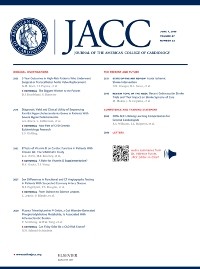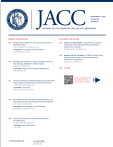
The Journal of the American College of Cardiology (JACC) has retracted two 2018 papers out of the University of Oxford because of misconduct.
Both retraction notices blame first author Alexander Liu, a student in the lab at the time, who disputes the retractions. The studies were part of a larger effort to improve heart imaging that caught the attention of cardiologists and was highlighted by Oxford in 2015.
Here’s the notice for “Diagnosis of Microvascular Angina Using Cardiac Magnetic Resonance,” a paper that has been cited 59 times, according to Clarivate Analytics’ Web of Science, earning it a “highly cited paper” designation:
Continue reading Major heart journal retracts two papers from Oxford group for misconduct
 In June,
In June, 




